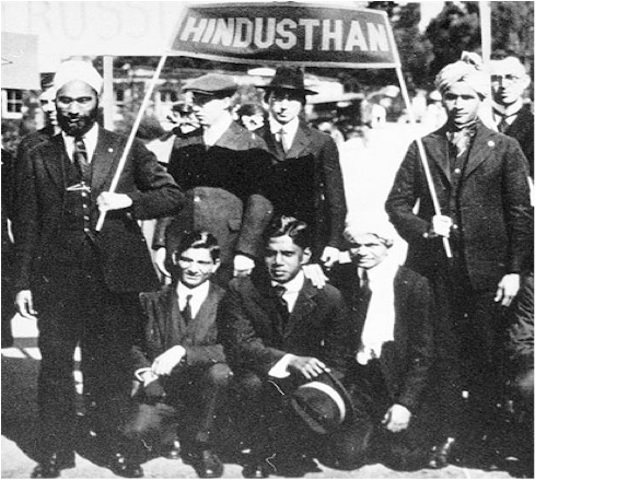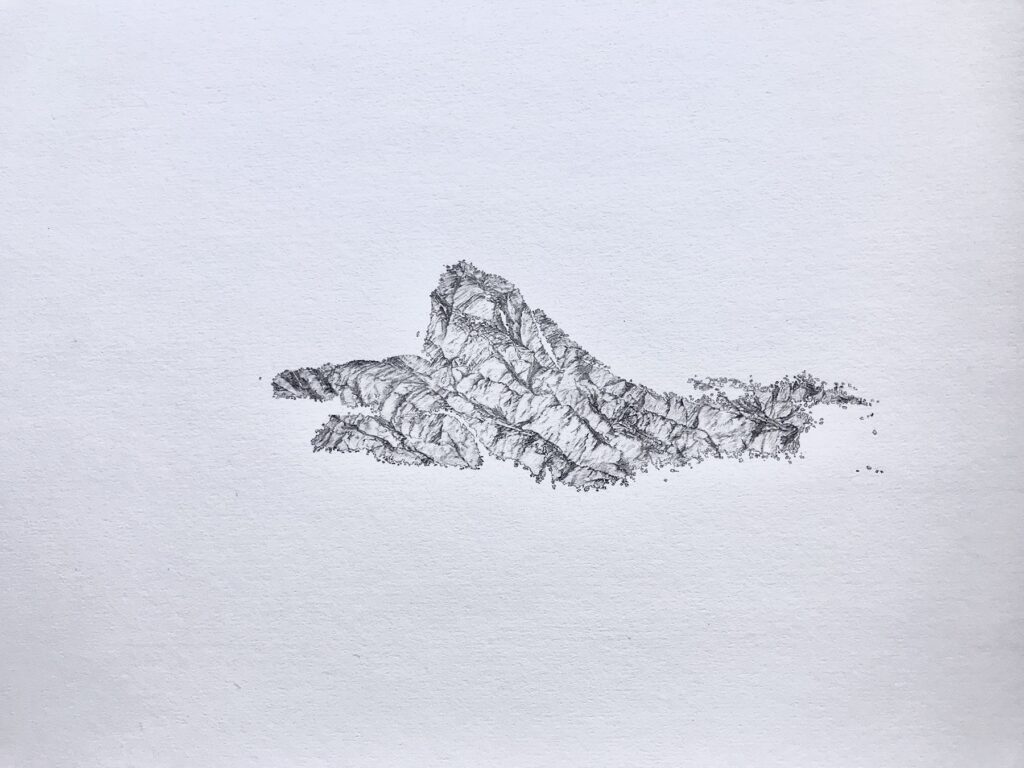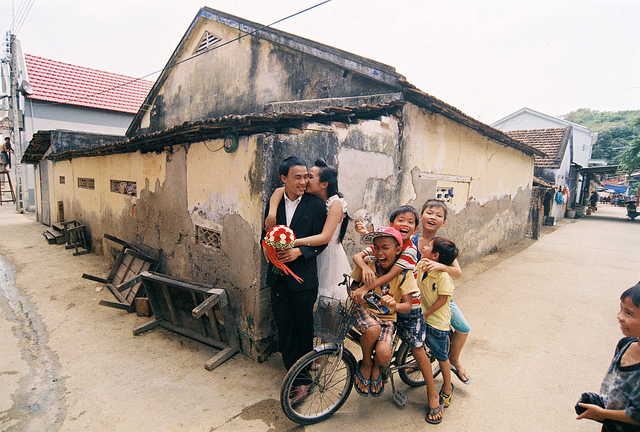يۇۋاشلىق.يۇۋاشلىق.يۇۋاشلىق |
Meekness. Meekness. Meekness.

March 22, 2023
The following poem and its translation are part of the Spring Will Come notebook, with art by Efvan.
Translator’s Note
Perhat Tursun is one of the brightest lights in the Uyghur literary world. A modernist poet, novelist and public intellectual, Tursun is also an heir of Turkic Muslim Sufi traditions. Although he has never left the nation of his birth, he is conversant with centuries of oral tradition handed down by the bringers of Islam to his people–the 12 million Uyghurs who call Northwest China their ancestral homeland. His knowledge of his own history is not limited to his doctoral training in Chagatay (the language spoken by the Turkic peoples of the Mongol Empire); in his work he strives to actively embody the mystical traditions of his forebears. This, in itself, is what makes him a decolonial figure—a person who refuses to relinquish their claim to a world that came before their oppressors.
He is also writing in dialogue with existentialist traditions that emerged from the fall of empires in twentieth century Europe. He sees in poetry the ability to evoke a higher truth about the human condition: images in words that move readers and clear a space for reflective thinking. This is why, for instance, the novelist Elif Batuman describes him as “an alternative Camus,” the Camus that could have been if he had written from an Algerian perspective. Yet, despite the gravity of Tursun’s work, his many novels and collections of poetry remain largely unread outside of Chinese Central Asia. Although he was detained in 2018 and allegedly sentenced to 16 years in prison, Tursun is still alive now, demanding our attention.
Tursun is a voracious thinker. He learned Chinese so he could read Freud and Nietzsche in translation. Then he learned English so he could read Faulkner and Nabokov in the original. The inspiration for his work on madness comes from his own life experience, the lens of Foucault and Lacan, and the verses of 17th century Sufi dervishes. Tursun brings the voices of those Sufi friends of the universe into the present, placing them in conversation with world literature and philosophy and his own family’s experiences of generational trauma in Maoist and contemporary colonial China. He is a contemporary instantiation, then, of ecstatic wanderers in the Central Asian desert. He tells us, his readers, that like his grandfather Mëhman, Uyghurs are humble guests of the strange undulating thing they call human life. History flows through their veins, producing an aura that imperialists like Kropotkin tried and failed to fully conjure. Perhaps only poetry can evoke the “excessive meekness” that defines the elusive persistence of Uyghur life.
—Darren Byler
مېھمان
بوۋام مېھمانبايغا بېغىشلايمەن
دۇنيادىن يولۇچىدەكلا مېڭىپ ئۆتكەن
ئىسمىڭىزدا ئېيتىلغاندەكلا بىر مېھمانسىز.
دائىم كۈچىنىپ تەسەۋۇر قىلىمەن
داداممۇ غۇۋا بىلىدىغان سىمايىڭىزنى.
سىز ھەقتە كىشىلەردە قالغان تەسىرات پەقەتلا
چېكىدىن ئاشقان يۇۋاشلىق.
بەزىلەر مېنى سىزگە ئوخشاتسا
سىزنىڭ سىمايىڭىزنى
ئىزدەيمەن ئۆز رەسىمىمگە ئۇزاقتىن ئۇزاق قاراپ.
سىزنىڭ تېنىڭىزدىكى ھاياتىي كۈچنىڭ شەكلىنى
ۋە مەڭگۈلۈك ھەرىكەتنى
تەسەۋۇر قىلىمەن دادامنىڭ تېنىدىن قالغان قان داغلىرى ۋە
تومۇرۇمدىكى قېنىمنىڭ ئېقىشلىرىدىن.
يۇۋاشلىق.يۇۋاشلىق.يۇۋاشلىق
چوقان ۋەلىخانوپ، كورىپاتكىن، گۇننار ياررىڭ
تەسۋىرلىگەن بارچە ئۇيغۇرغا ئوخشاش بىر ئۇيغۇر.
ئەي بوۋا، تارىخ مەن ئۈچۈن پەقەت سىلەر بولغاچقىلا مەۋجۇت!
2006 – يىلى 18 – ماي بېيجىڭ
Guest
To my grandfather Mëhmanbay1Mëhman means “guest” in Uyghur
You passed through the world like a wayfarer.
Like your name, you were a guest.
I always strove to envision your form
which even my father barely recalls.
The only impression of you that remains
is one of excessive meekness.
When someone compares me to you
I search for your aura
by taking a long look at a picture of myself.
I imagine the forms of your vitality
and the undulating movements of your body
from my father’s bloody wounds and
the way the blood flows in my own veins.
Meekness. Meekness. Meekness.
Choqan Welikhanop, Kropotkin, Gunnar Yarring—
you were the archetype of the Uyghur they described.
Aye, grandfather, history exists for me only because of all of you!
Beijing, May 18, 2006



